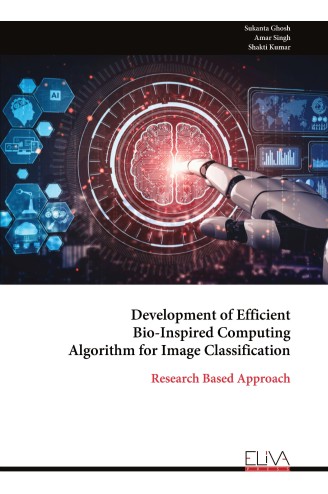Description
Leave review
Description
Agriculture is a cornerstone of India's economy, deeply intertwined with the nation's food security and the livelihoods of millions. Accounting for approximately 15% of India's GDP, the agricultural sector supports a vast majority of the rural population through employment and income generation. India's diverse crop production, ranging from rice and wheat to sugarcane and cotton, not only drives economic growth but also ensures food stability and self-sufficiency, mitigating the need for imports and protecting against global food crises. Beyond its economic contributions, agriculture fosters rural development by enhancing income levels and promoting rural entrepreneurship, thus lifting communities out of poverty and supporting inclusive growth. The classification of plants within this sector is vital, providing a systematic approach to understanding the vast array of plant species in India. This knowledge aids farmers and agricultural experts in making informed decisions on cultivation, pest management, and resource allocation, while also conserving native species and preserving traditional farming practices.
This research delves into the intersection of agriculture and advanced computing techniques, with a focus on the following objectives:
1. Analyzing and evaluating various bio-inspired computing algorithms for plant image segmentation and classification.
2. Proposing a novel bio-inspired optimization algorithm and testing its efficacy on standard benchmarks.
3. Developing a new image classification method based on existing or new bio-inspired algorithms.
4. Comparing the performance of the proposed classification approach against current methods using a plant image dataset. This work aims to enhance agricultural efficiency and sustainability through innovative computational techniques, ultimately benefiting India's vast agricultural landscape.




